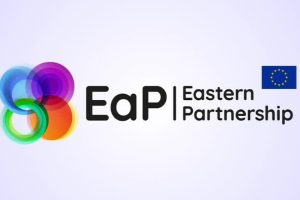The World Bank will finance an urban project for the first time in Uzbekistan.
Residents of three cities in Uzbekistan will benefit from improved municipal services and urban infrastructure, thanks to the Medium-Size Cities Integrated Urban Development Project, approved on December 18 by the World Bank’s Board of Executive Directors.
The project will be supported by a $100 million loan from the International Bank for Reconstruction and Development, which is a member institution of the World Bank Group.
“The project will help improve people’s living conditions in targeted medium-size cities in Bukhara, Namangan and Tashkent regions, and support the Government’s goal of regional development,” said Hideki Mori, World Bank Country Manager for Uzbekistan.
In Uzbekistan, medium-size cities, with populations of between 50,000 and 100,000 people, are the economic and services backbone of larger urban centers. Over 40 percent of the country’s urban population – 1.5 million people – are estimated to live in cities and towns with fewer than 100,000 inhabitants.
The message reads that the World Bank-supported project aims to improve infrastructure, public spaces, and municipal services in medium-size cities, starting with Kagan in Bukhara Region, Chartak in Namangan Region, and Yangiyul in Tashkent Region, which have a combined population of 165,000.
The project will also strengthen the institutional capacity of central and local governments to manage assets, infrastructure, service delivery, urban mobility, sustainable tourism, and partnership with the private sector.
Moreover, lessons learned during implementation of the project in these pilot cities will later help to develop the National Medium-Size Cities Program.
It should be noted that the World Bank is financing 19 projects (totaling around $3.4 billion) in Uzbekistan to support the country’s economic and social development. These projects cover macroeconomic reforms, agriculture, water and sanitation, health, education, energy, transport, and regional development.




